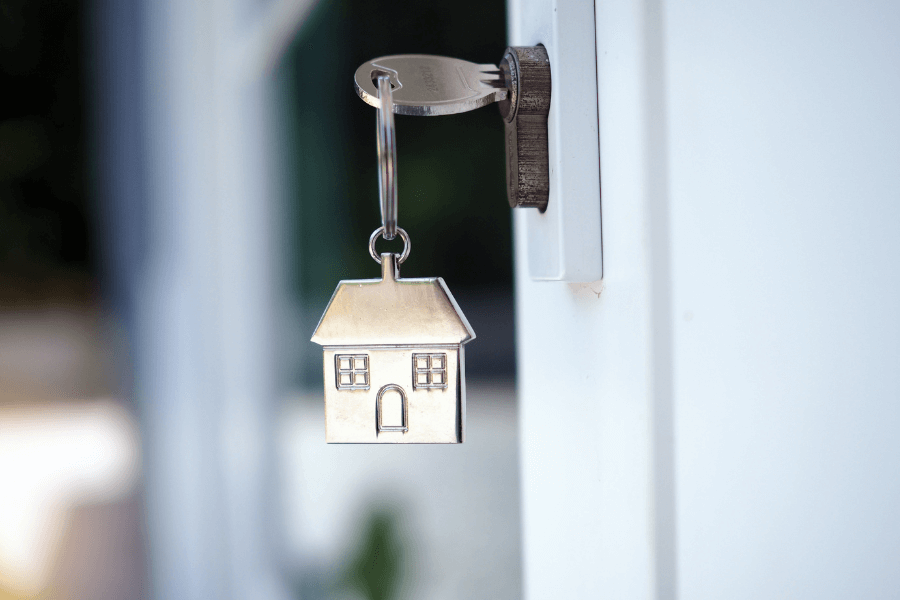Think all debt is bad? Think again. There is a significant distinction between good debt and bad debt, and when you know the difference your understanding of property investment will fundamentally change.
For many, the thought of debt evokes negative connotations. Typically, this view has been instilled in us from a young age as older generations have espoused the need to be prudent savers, spend only when necessary and to avoid debt – with the exception of a home loan which should be repaid as soon as possible.
In reality though, it’s ignorant to view debt in this light and by doing so, you’re placing yourself at a financial disadvantage.
What’s the difference between good & bad debt?
There are actually three categories of debt – horrible debt, tolerable debt and productive debt. Let me explain:
Horrible debt
Horrible debt is borrowing to purchase items that will depreciate in value. This is typically credit card debt (to buy a new TV, clothes, or for dining out) but can also include personal loans or car loans.
What makes horrible debt even worse is that it is not tax deductible, meaning that any interest you pay on this debt can’t be claimed as a tax write-down.

Tolerable debt
Tolerable debt is borrowing to purchase items that increase in value, but the debt is not tax deductible. The family home is the main item that is acquired with tolerable debt.
While paying non-deductable interest isn’t helping your wealth creation strategy, at least your home can increase in value (if well selected), so in the long-term, you’re more likely to gain money rather than lose it. We all need somewhere to live, which is why a home loan is tolerable debt.
 For sale: 46 Durham Road, Surrey Hills, VIC
For sale: 46 Durham Road, Surrey Hills, VIC
Productive debt
The good type of debt is productive debt. This is debt used to acquire appreciating assets (i.e. items that will rise in value) and the debt is fully tax deductible. This includes a loan for an investment property. This allows you to borrow debt to acquire an asset that will increase your personal wealth.
 For rent: 103/11 Narong Road, Caulfield North, VIC
For rent: 103/11 Narong Road, Caulfield North, VIC
While many people aren’t comfortable with debt, it’s easy to see why all debt shouldn’t be viewed as bad. By doing so you’re depriving yourself of opportunities to grow your personal wealth.
Ideally, investors should completely avoid horrible debt, minimise tolerable debt and smartly utilise productive debt. A professional property investment consultant will be able to advise you on how to manage your debts smartly and build a successful property portfolio.
If you’re thinking about investing in property check out these questions to ask yourself before buying an investment property, the ongoing costs of property investment and how to add value to your rental property.






Every time someone